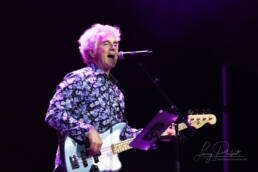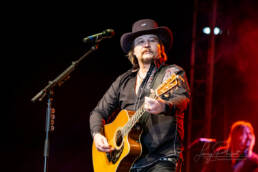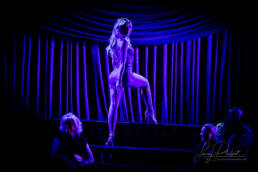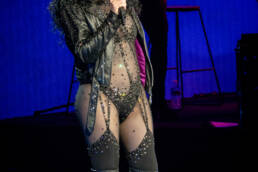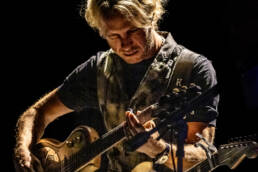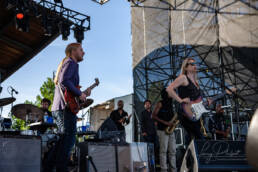Trace Adkins: The Towering Titan of Country
The Grit That Forged a Singer
Imagine a lanky teenager in Sarepta, Louisiana, mid-1970s, standing in a dusty field with a guitar slung over his shoulder. Tracy Darrell Adkins—Trace to everyone who knows him—is 16, his voice already a low rumble that shakes the pines. He’s singing gospel at church, but it’s a bar gig with a local band that flips the switch. The crowd’s rowdy, the beer’s flowing, and when Trace growls through a Hank Williams tune, they cheer like he’s the second coming. Music’s been a hum in his life—his dad’s a millworker who loves Merle Haggard—but that night, it’s more. It’s a way out of oil rigs and small-town monotony. For Trace, it’s not about spotlight dreams; it’s about survival, about a voice too big to stay quiet.
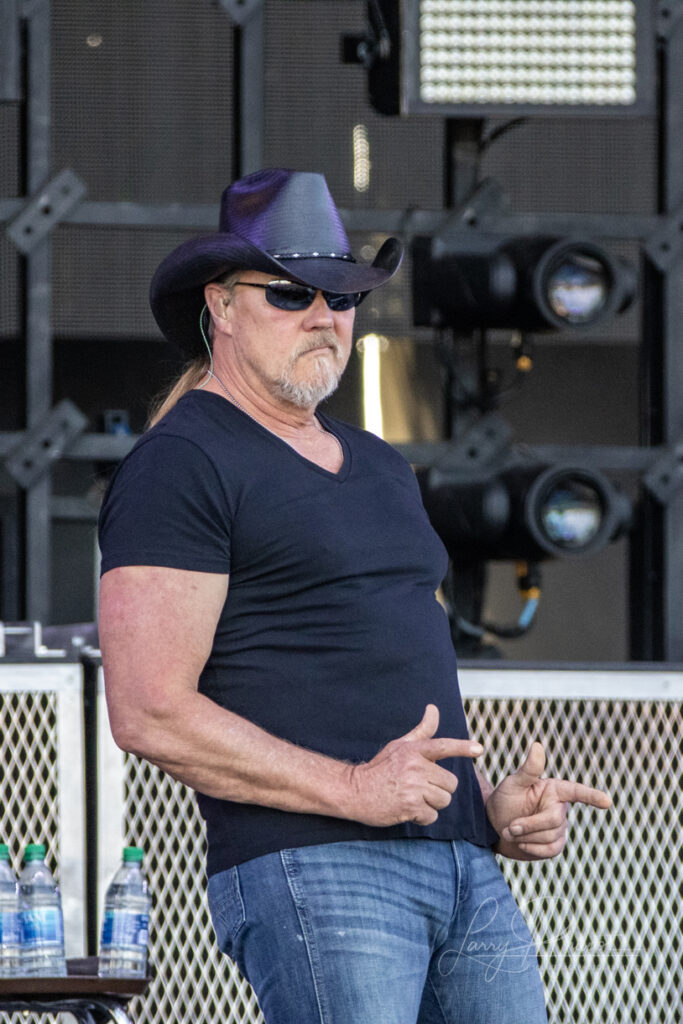
The Man from the Bayou: A Biography
Born January 13, 1962, in Sarepta, Louisiana, Trace was the son of Aaron, a paper mill worker, and Peggy, a schoolteacher who kept the books balanced. At 6-foot-6, he towered over peers, a gentle giant with a drawl as deep as the Red River. Music ran in the family—his dad strummed, his grandpa sang—but football was his first love. He played offensive lineman at Louisiana Tech until a knee injury sidelined him. That’s when the guitar took over.
Life threw punches early. Trace worked oil rigs in his 20s, a brutal gig that nearly killed him—he lost a finger to a drill bit (later reattached) and survived a rig explosion. Love was a rollercoaster: first wife Barbara Lewis bore him Tarah and Sarah before they split in the ’80s. Second wife Julie Curtis ended in 1994 after she shot Trace through the chest and arm in a fight over his drinking—he lived, barely. Since 2011, he’s been with Rhonda Forlaw, raising three more daughters: Mackenzie, Brianna, and Trinity. At 63, he’s a weathered survivor, scars and all.
The Career That Roared
Trace’s music kicked off with gospel—The New Commitments Quartet in the ’80s—before he went secular with Bayou, a bar band grinding out honky-tonk covers. Nashville called in the ’90s, and his 1996 debut Dreamin’ Out Loud on Capitol Records hit with “Every Light in the House.” No permanent band for Trace—he’s a solo act, backed by rotating players like guitarist Matt Nolan and drummer Mike Kennedy on tour. Albums like Big Time (1997), Chrome (2001), and Songs About Me (2005) built his name, blending baritone ballads with rowdy anthems.
Hollywood beckoned too. Trace played bikers and toughs in The Lincoln Lawyer (2011) and Deepwater Horizon (2016), starred in I Can Only Imagine (2018), and led Monarch (2022), a country music drama on Fox. TV? He won Celebrity Apprentice in 2013, beating Penn Jillette. Relationships with artists? He’s tight with Blake Shelton—Trace sang at Blake’s 2011 wedding to Miranda Lambert—and has feuded lightly with Toby Keith over barroom bragging rights. Awards include two ACMs (Single and New Artist, 1997) and a 2010 CMT Humanitarian nod, but no Hall of Fame yet.
The Hits That Define Him
- “(This Ain’t) No Thinkin’ Thing” (1996) – Written by Tim Nichols and Mark D. Sanders, this debut No. 1 set Trace’s baritone loose.
- “Ladies Love Country Boys” (2006) – Penned by Jamey Johnson, George Teren, and Rivers Rutherford, it hit No. 1, a cheeky ode to rugged charm.
- “You’re Gonna Miss This” (2008) – Ashley Gorley and Lee Thomas Miller crafted this tearjerker, peaking at No. 1 with fatherly wisdom.
- “Honky Tonk Badonkadonk” (2005) – Dallas Davidson, Randy Houser, and Jamey Johnson’s playful romp reached No. 2, a dance-floor staple.
Controversy in the Crosshairs
Trace’s life’s been a tabloid buffet. That 1994 shooting by Julie? She aimed for his heart over infidelity rumors—he refused to press charges, calling it “a stupid fight.” Booze was his demon; a 2001 DUI and 2014 rehab stint after a bar brawl made headlines. In 2014, he sparked outrage at the National Anthem during the MLB All-Star Game—slurring words, he later blamed nerves, not liquor. Politically, his Trump support and NRA ties ruffle feathers, but he shrugs it off: “I’m a country boy, not a diplomat.”
A Night of Survival
Let’s drop into February 14, 2007, at the San Antonio Stock Show & Rodeo. Trace is mid-tour for Dangerous Man, and 15,000 fans pack the arena. He’s crooning “You’re Gonna Miss This” when a wind gust rips the stage rigging loose—metal beams crash feet from him. The crowd gasps, but Trace, cool as steel, sidesteps, keeps singing, and finishes the set as roadies scramble. Later, he laughs backstage, “Hell, I’ve been shot at—wind ain’t gonna stop me.” Fans still recount it: the night Trace stared down chaos and won, a towering figure in every sense.
